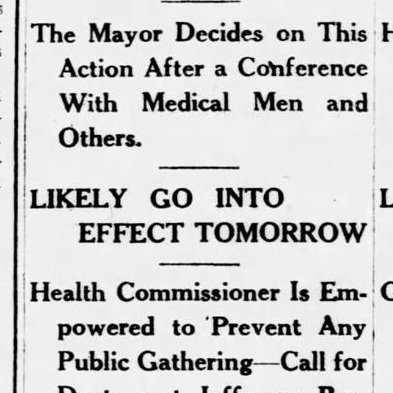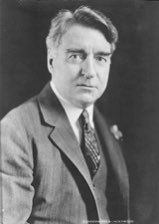
Theater historian, professor @BaruchCollege, and author.
The past is a map, if we choose to heed its warnings.
4 subscribers
How to get URL link on X (Twitter) App


https://twitter.com/daniel_sugarman/status/1731339278993539317Birobidzhan was founded in 1934 as an alternative Soviet Jewish state. Tens of thousands of Jews moved to Birobidzhan, encouraged by the government, to build a Jewish, Yiddish-speaking nation.
https://twitter.com/ravbogard/status/1717919010254143613For context: this is a relatively recent phenomenon for American Jews.
https://twitter.com/debra_caplan/status/1516816659125874695It’s been 5 months since then, and COVID has been increasingly disappearing from our public consciousness ever since. Despite 400+ American deaths a day, day-to-day life in America looks almost the same as it did in 2019.




